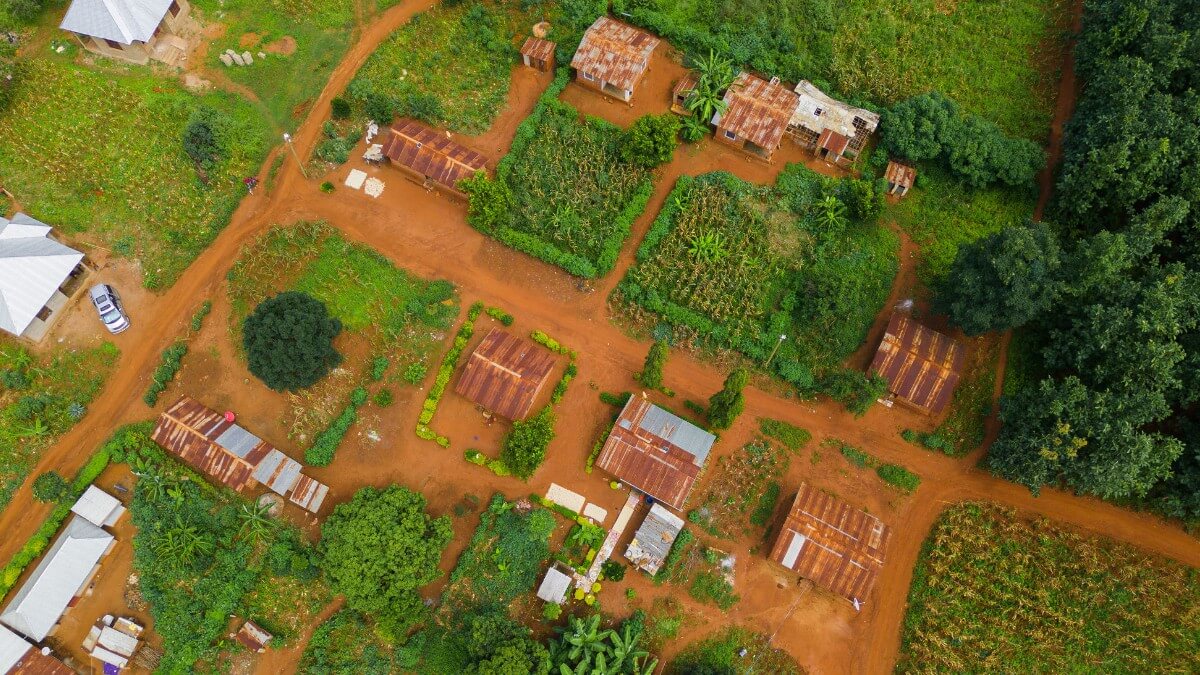
The operation in Tanzania started in the Kigoma region
It focused on construction only, from 1986-2008 the construction programme benefited families in other 8 regions such as Dodoma and Tanga as well as Zanzibar Island to make a total of 9 regions.
Habitat for Humanity Tanzania is a National Organization that was started in 1986. The organization works with the Government, local Community Partners, and other CSOs to improve the housing sector in Tanzania.
Based on the work the organization does, it stands as a leading NGO focused on improving low-middle-income families’ living standards by facilitating access to affordable and decent homes.
“Access to decent and affordable housing for most low-income households is still a critical challenge, mostly in urban settings. Housing environment branded by low quality building materials, low tenure security, poor access to facilities and services (such as electricity, clean energy for cooking, drinking water, and sanitation facilities).”
Housing Eco-System study report (May 2022)
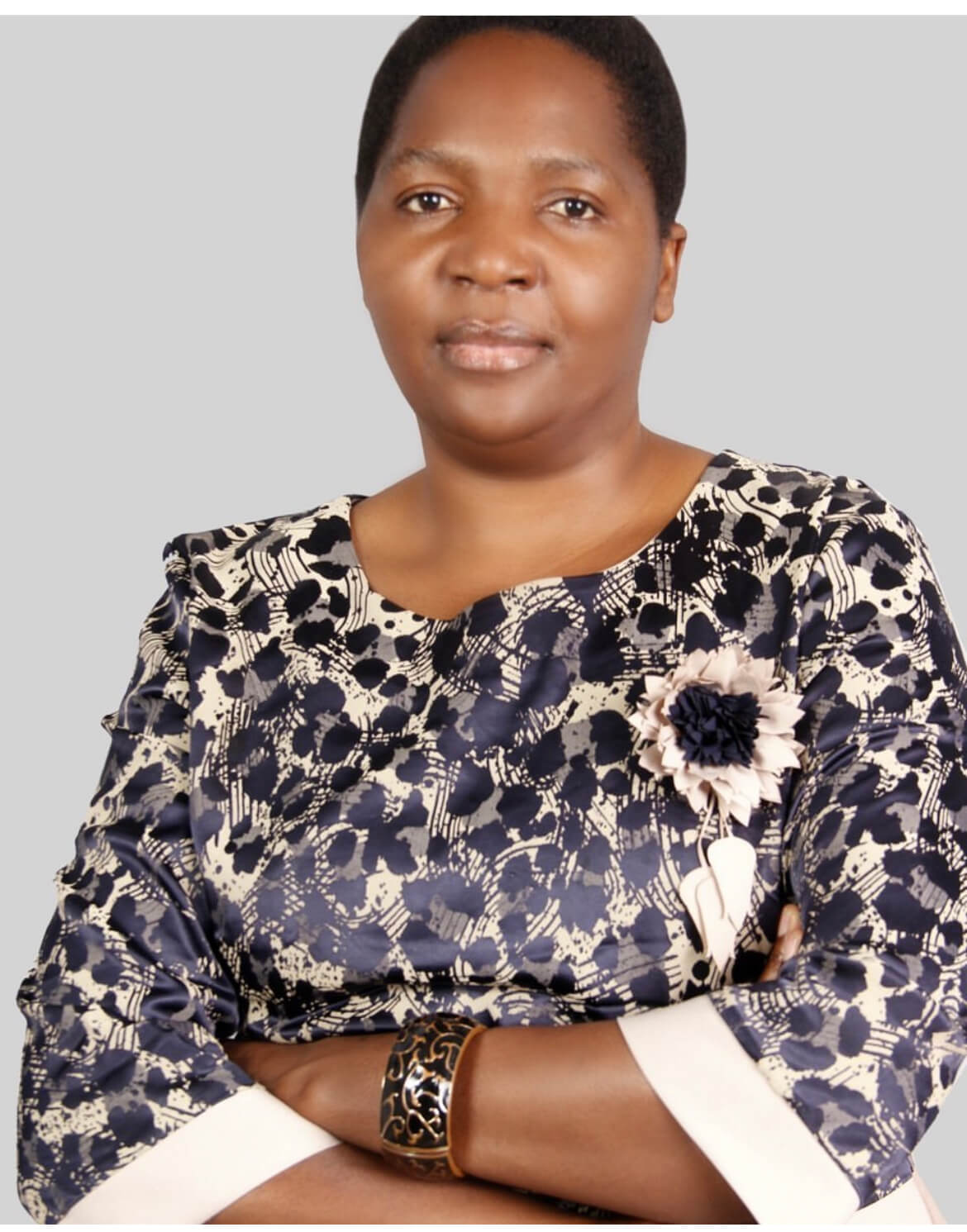
Magdalena is committed to making a meaningful change in people’s lives. She creates sustainable and holistic positive change in individuals, organizations, and society at large. She has an extensive track record of overseeing and directing Non-Profit Organizations’ programs and people’s performance. Magdalena holds a Master of Science, Development Policy, and Practice for Civil Society from Bradford University. She has 18 years of experience with both local and International Organizations focusing on Community Development, Youth Empowerment, Gender Equality programming, Education, and Care. Her experience can be drawn from SOS Children’s Village, Read International, CVM, and Room to Read.

John is a seasoned development practitioner with over 14 years success in implementing and managing integrated donor funded development interventions focusing on children, youth women and family empowerment. His expertise spans across sectors including Education, WASH, Health and Nutrition, Advocacy, Child safeguarding, and Livelihood/Economic Development. He has a strong track record in program management, with over 10 years of experience leading diverse teams in multi-cultural environments across 11 Regions and 26 Districts in both Tanzania mainland and Zanzibar. He is passionate about transformational leadership, inspiring his teams to develop and implement innovative solutions that create lasting positive change for the most vulnerable populations.
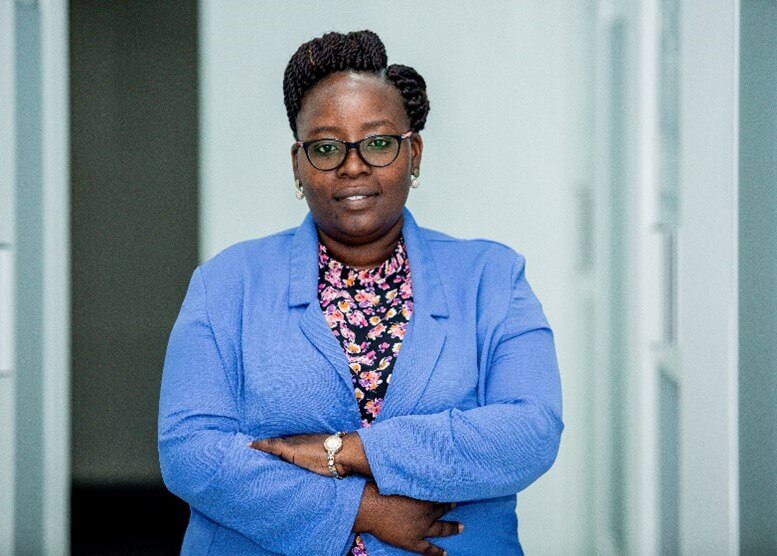
Neema has over 13 years of experience in Financial Accounting, Donor funding management, Operational Management, Account reconciliations, Auditing, and Payroll, as well as procurement planning and management. She is currently undertaking CPA courses and holds an Advance Diploma in Accountancy from the Institute of Accountancy Arusha.
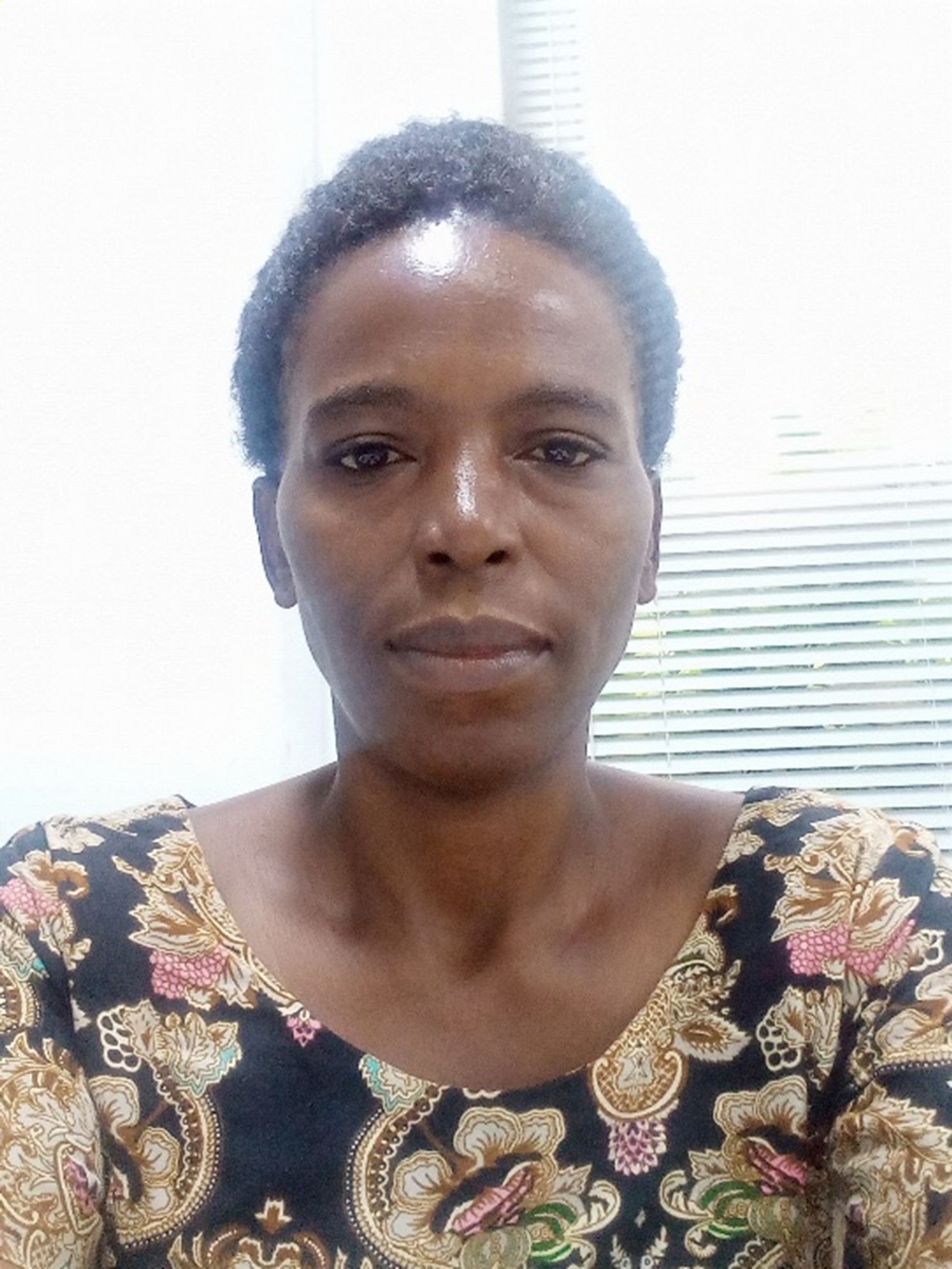
Einoth is a dedicated program coordinator with over 10 years of experience in managing and overseeing community outreach and development programs. She holds a bachelor’s degree in sociology from the University of Dar es Salaam and has gained additional skills through various short courses. She is responsible for supporting program implementation, monitoring results, and ensuring quality standards across key projects. She works closely with implementing partners, government actors, and community members to drive collaboration, resource mobilization, and project sustainability.
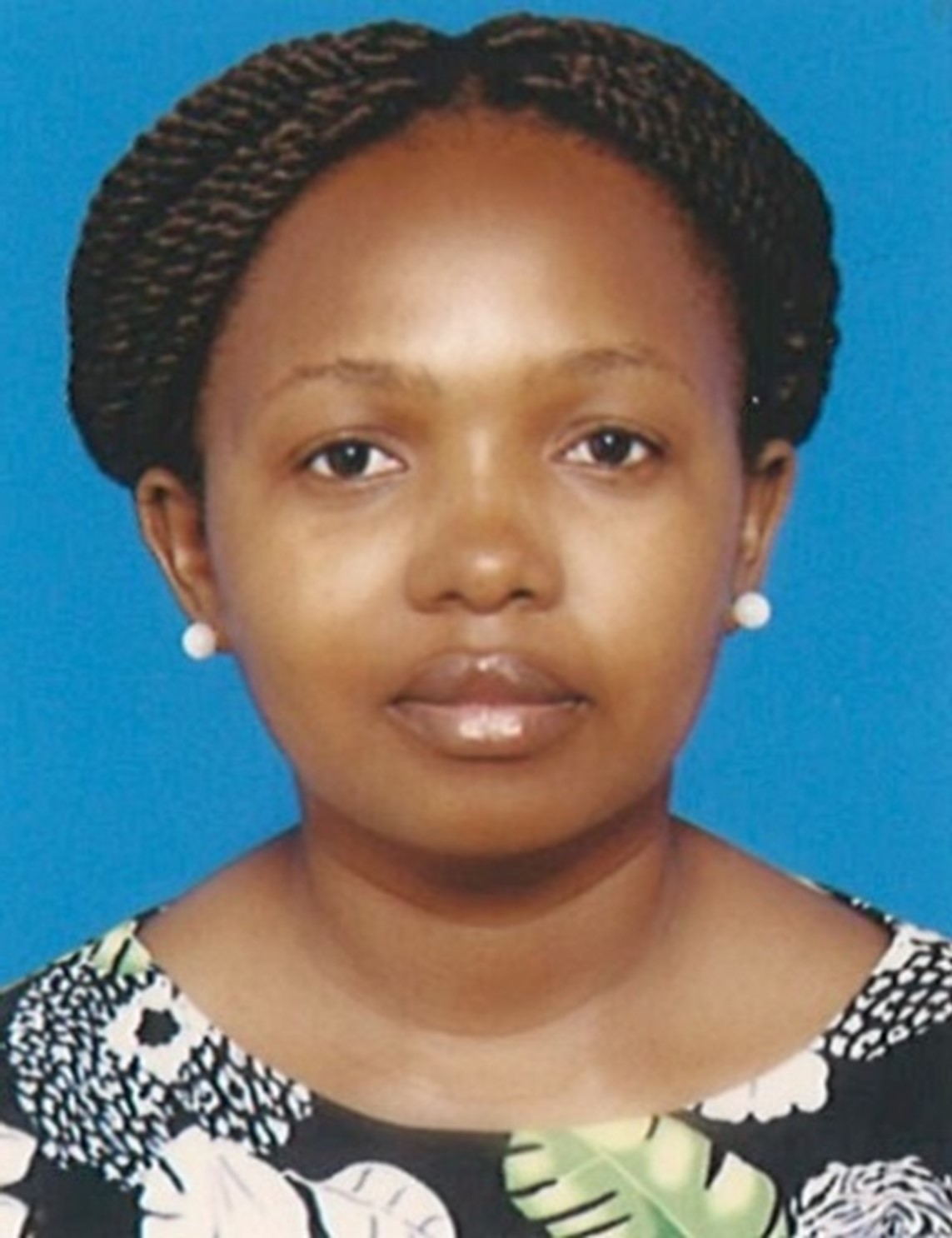
Avelina has more than ten years of experience as an administrator in NGOs, Private organizations, and US Government agencies, working in multicultural environments with diverse backgrounds. She is passionate about improving organizational processes to ensure that teams can effectively meet their goals. She holds an Advanced Diploma in Business Administration and Certified Procurement and Supplies Professional (CPSP-2019).
1986

It focused on construction only, from 1986-2008 the construction programme benefited families in other 8 regions such as Dodoma and Tanga as well as Zanzibar Island to make a total of 9 regions.
2009-2019
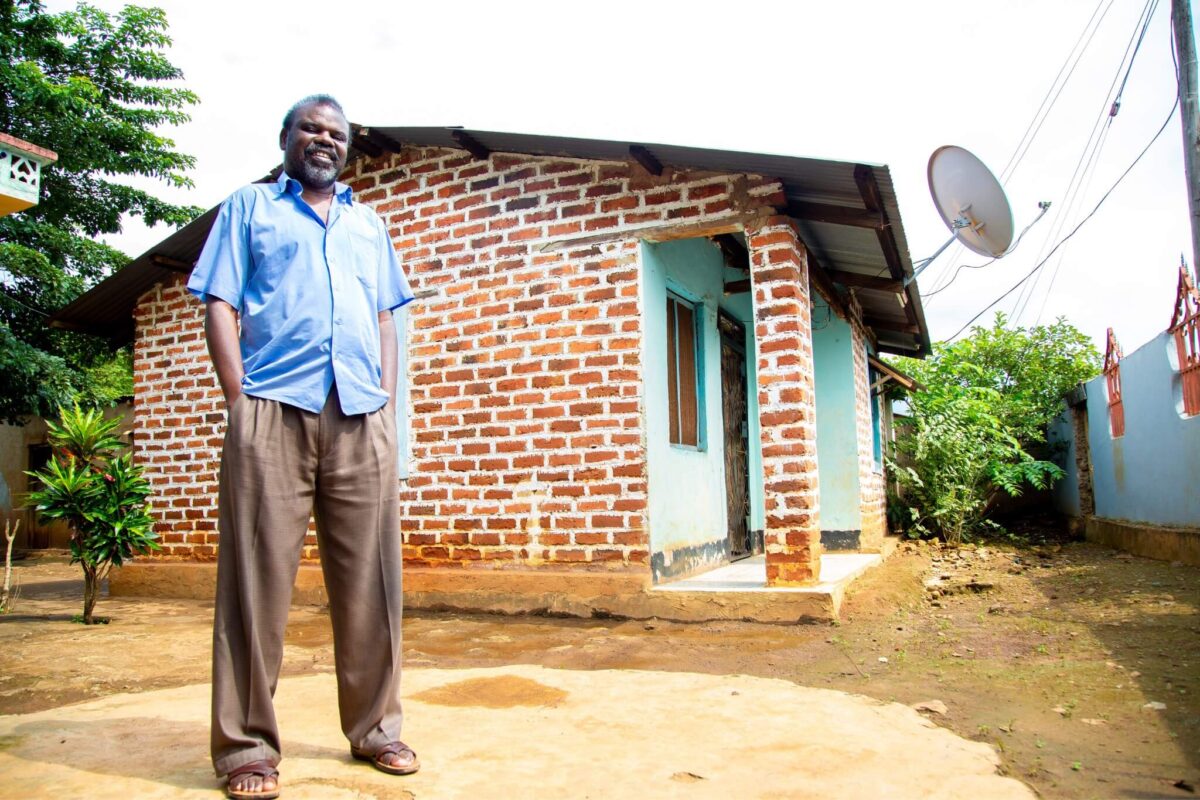
was established to help low-income households’ families improve/complete their homes.
2020-2022
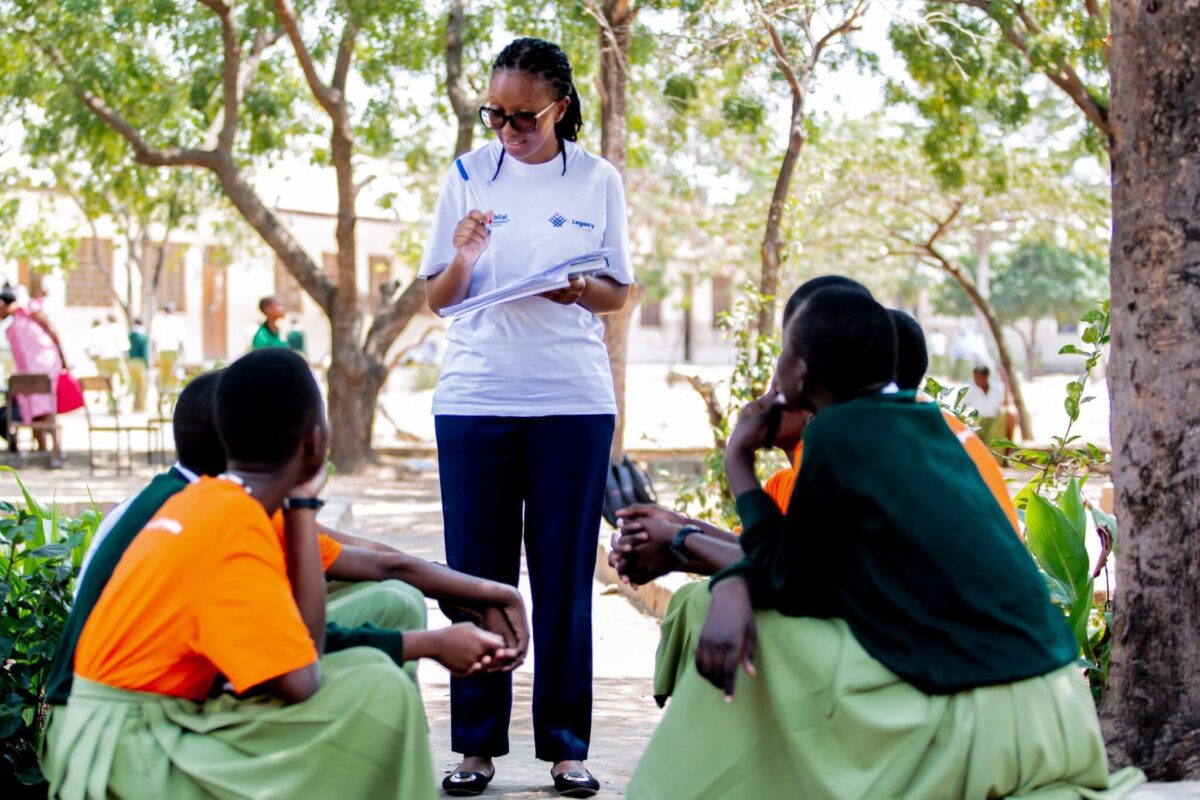
Habitat for Humanity Tanzania implemented different projects including the Covid-19 Response and Recovery: Awareness, Livelihood support and Housing improvement implemented in Dar es salaam region.
2017
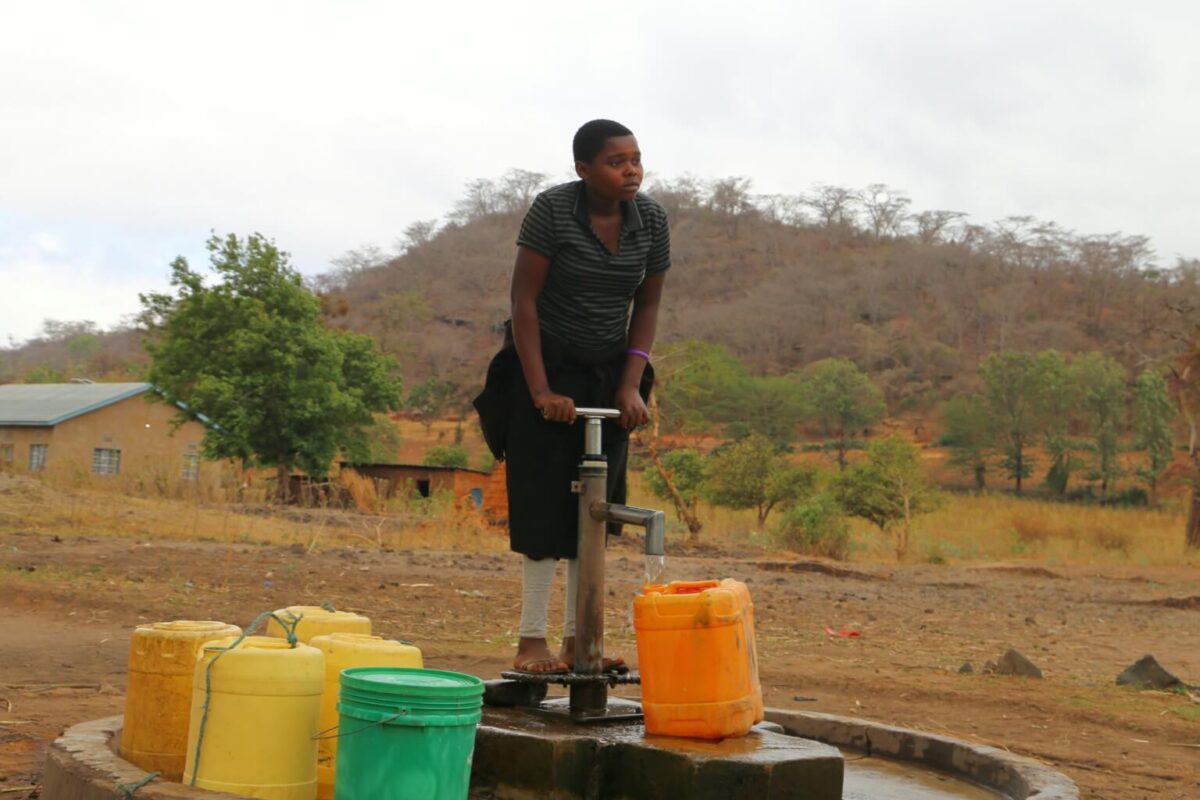
Habitat Tanzania introduced a WASH project in Sangara village, Manyara region where the community benefited from a water bole hole installation that circulated water to the village to improve living including hygiene issues to overcome waterborne diseases.
2023
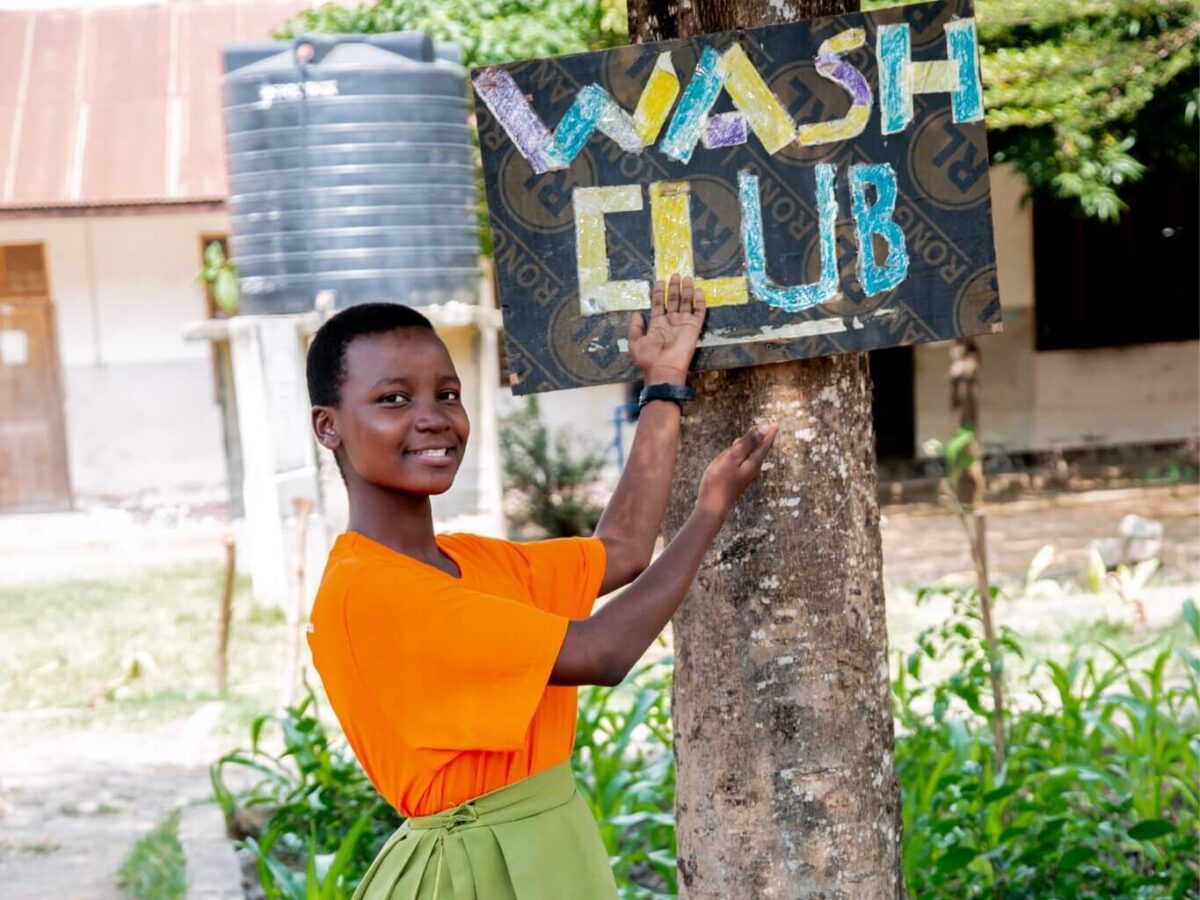
This project intended to improve Learning environment in Dar es Salaam region. The HFHT in the same year implemented a livelihoods program in Arusha region. Conducted climate change impact mitigation project in Dodoma region. HFHT conducted an advocacy work focusing on land and property ownership rights with focus to Women, Youth and People Living with Disability, among the key activities accomplished was the high-level dialogues been conducted in Dar es Salaam.
2024
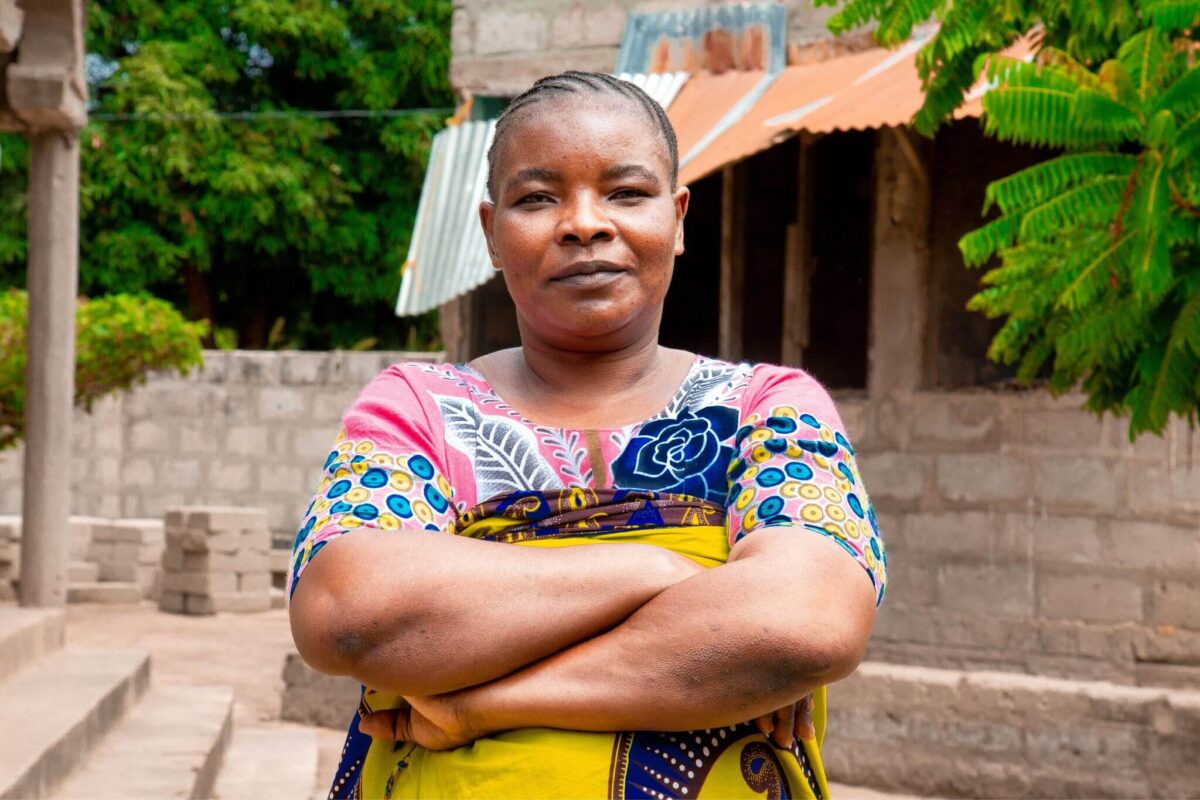
Habitat Tanzania is building at least 11 houses, improving WASH at marketplace and supporting women to improve their livelihood and develop saving habit through formulation of Village Community Banks whereby apart from savings, the revolving fund will allow them get loan from groups and for them to initiate Income Generating activities and from the gained profit they shall be able to do incremental housing and repairs of their houses.

Building strength, stability and self reliance through shelter
©2025 Habitat for Humanity Tanzania. All Rights Reserved.